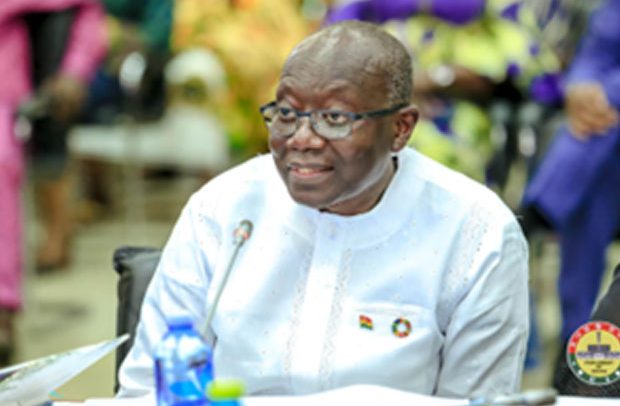
Standard Chartered Bank and the Ghana Commodity Exchange (GCX), have signed a Memorandum of Understanding to support Ghanaian farmers through access to financing and capacity building.
The collaboration would also see the two institutions building a framework for settlement of trade in a manner which meets the GCX's prompt settlement promise of within 24 hours.
The partnership brings the number of financial institutions working with GCX to 11, an indication of the growing importance attached to the development of agricultural finance.
Speaking at the signing ceremony on the premises of the Ghana Commodity Exchange (GCX) in Accra, Dr Kadri Alfah, the CEO of GCX, expressed his excitement to have Standard Chartered Bank partner the GCX.
"Standard Chartered Bank is one of the reputable banks in Ghana with presence across other continents. It is therefore a joy to have you partner us to support Ghanaian farmers," Dr Kadri said.
On her part, Mrs Mansa Nettey, the CEO of Standard Chartered Bank Ghana Limited, acknowledged the unique role of Commodity Exchange initiative in providing the much-needed lifeline to farmers and the agricultural sector as a whole.
"Standard Chartered Bank's strong presence in the West African sub-region positions the Bank as a strong partner to the Ghana Commodity Exchange as it plans to make incursions into other West African markets in the short to medium term".
Mrs Nettey said expressed the Bank's readiness to accept warehouse receipts.
As part of the MoU, Standard Chartered Bank Ghana has agreed to collaborate with GCX in the Warehouse Receipt Financing (WRF) Programme, which would create access to financing for Ghanaian farmers.
The WRF will provide short-term loans to depositors of commodities using their warehouse receipts as sole collateral.
The GCX electronic warehouse receipt is recognised by law as a financial instrument and is backed by performance guarantees. To assure performance, these warehouses from which these receipts are issued are all insured (structure and content), Certified by Food and Drugs Authority, Ghana Standards Authority and Securities and Exchanges Commission.
Similarly, the warehouses are fully equipped with quality assessment and improvement equipment such as moisture meters, Aflatoxin kits, cleaners and dryers and have staff with extensive training and certification by relevant agencies ensuring world class standard inventory management.
Thus, providing a high level of comfort for banks as the Exchange assumes counter party role to mitigate all risks relating to financing commodities.
To achieve the goal of true development of the agricultural value chain and improve the lives of rural communities, greater access to financing and a diverse set of credit facilities is critical.
This will give Ghanaian farmers the working capital they need to sustain their business activities in between each harvesting season as well as give them greater purchasing power for seeds, fertilisers and other inputs.
Read Full Story




















Facebook
Twitter
Pinterest
Instagram
Google+
YouTube
LinkedIn
RSS